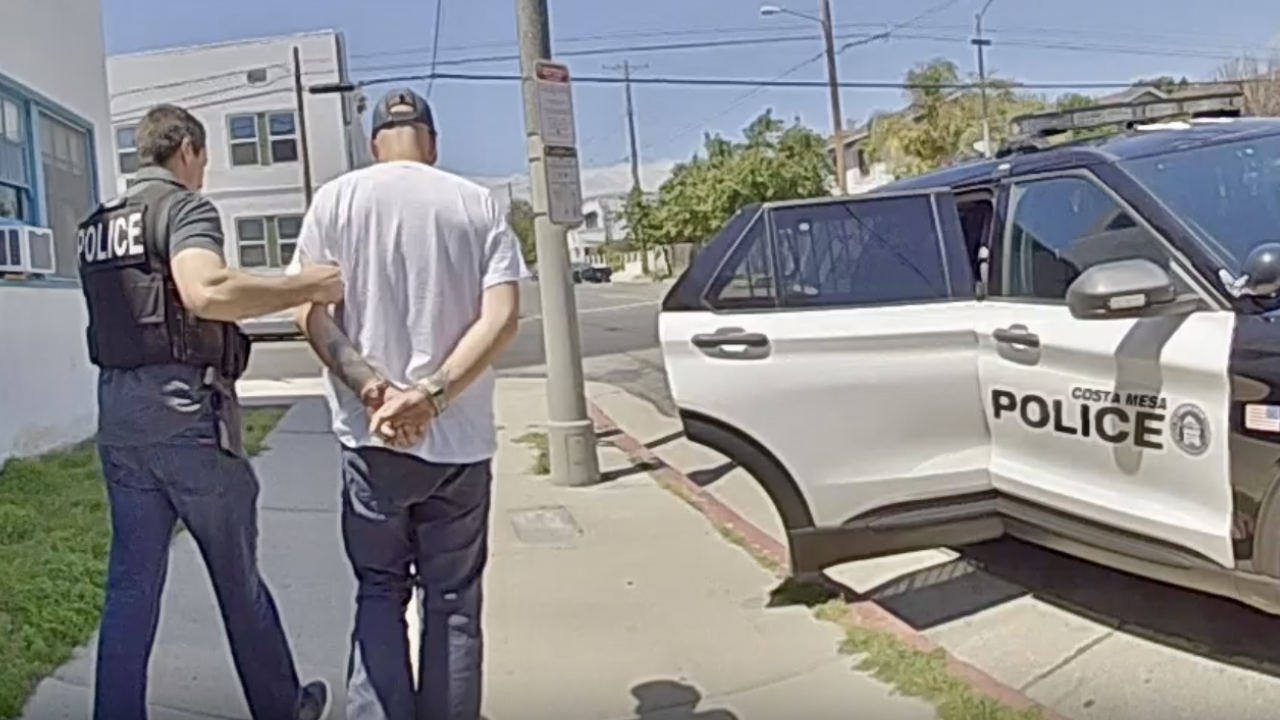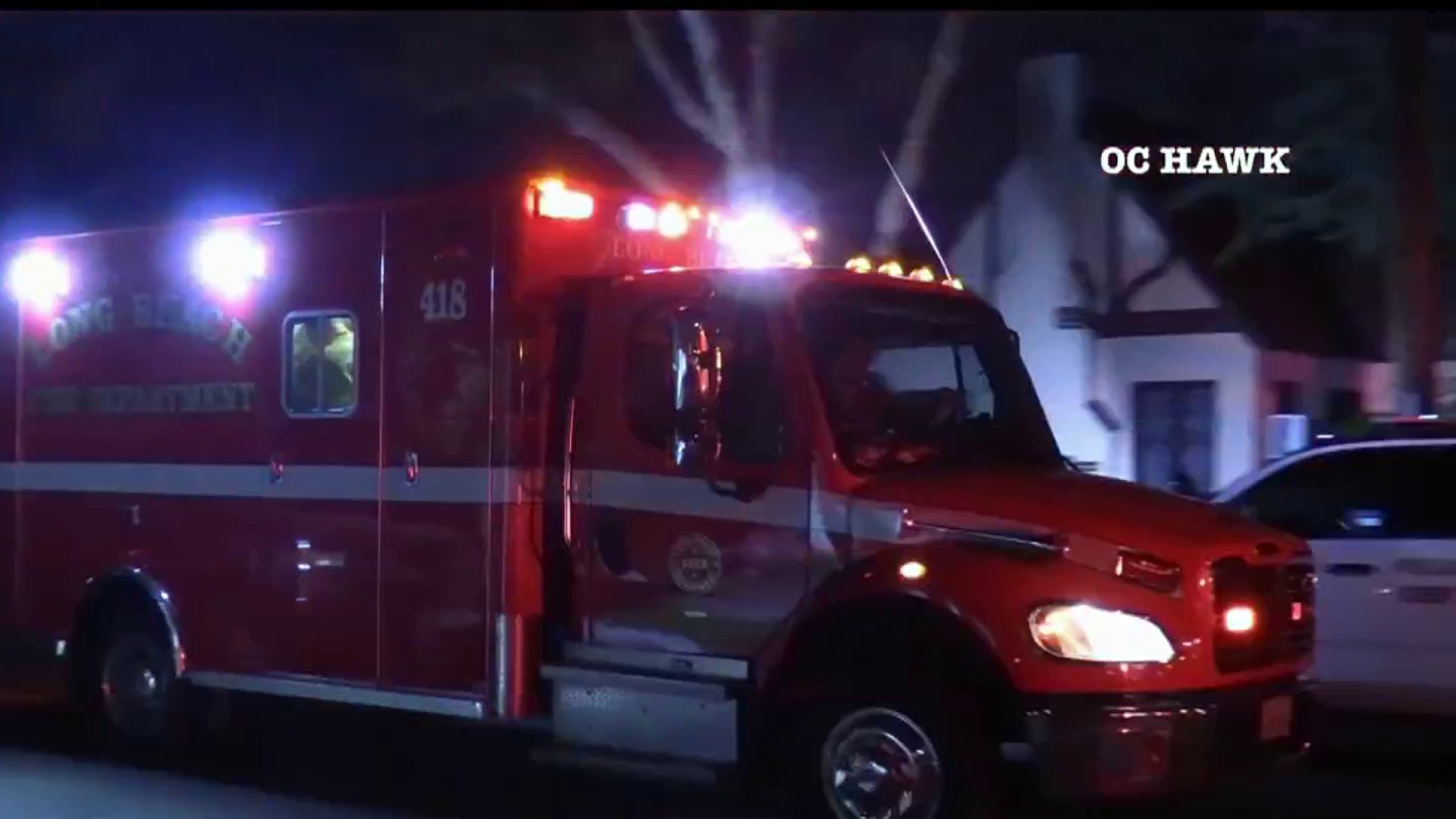The LAPD's communications operators, which are responsible for answering millions of 911 calls each year and dispatching police, have been working mandatory overtime in order to keep the city's emergency response system running because of a critical staffing shortage.
There are 162 unfilled jobs for the operators, called Police Service Representatives, or PSRs, and the city hasn't been able to hire and train new PSRs quickly enough, which has strained the network that the public depends on to send help when there's a life-threatening emergency.
“Our PSRs are absolutely dedicated, it’s not going to fail, we have enough personnel currently to answer at a minimum standard, but it’s not where we need to be," LAPD Captain Raymond Valois told the I-Team.
The PSRs field thousands of 911 calls and text messages each day from communications centers in Downtown LA and in Chatsworth.
Get Southern California news, weather forecasts and entertainment stories to your inbox. Sign up for NBC LA newsletters.
Virtually every 911 call from within the City, even those later transferred to the fire department or other agencies, first pass through the LAPD's centers.
California's Office of Emergency Services, which sets standards for 911 operations, says agencies should answer 90% of 911 calls within 15 seconds. The LAPD met that target 54.8% of the time in 2023.
“I would prefer it to be much higher," Valois said.
Local
Get Los Angeles's latest local news on crime, entertainment, weather, schools, COVID, cost of living and more. Here's your go-to source for today's LA news.
"I want to provide best service we possibly can, the goal is to reach 90%, but without adequate staffing, it's impossible to reach that goal," he said.
During peak times answering some 911 calls can be delayed by several minutes, but Valois said because the PSRs' focus on life-threatening emergency calls first, the staffing shortage can lead to much longer delays for non-emergency calls, which also ring at the LAPD's communications centers.
He said there will be dozens of new PSRs who will have begun training by March, but said it takes about a year before they're ready to work as call-takers or radio dispatchers, so the pressure on the current staff won't see relief for many months.
“We are not going to let the city fail, we are not going to let the 911 system fail," Valois said. "But we also believe that we can do better.”
The city is accepting applications for new PSRs here.



